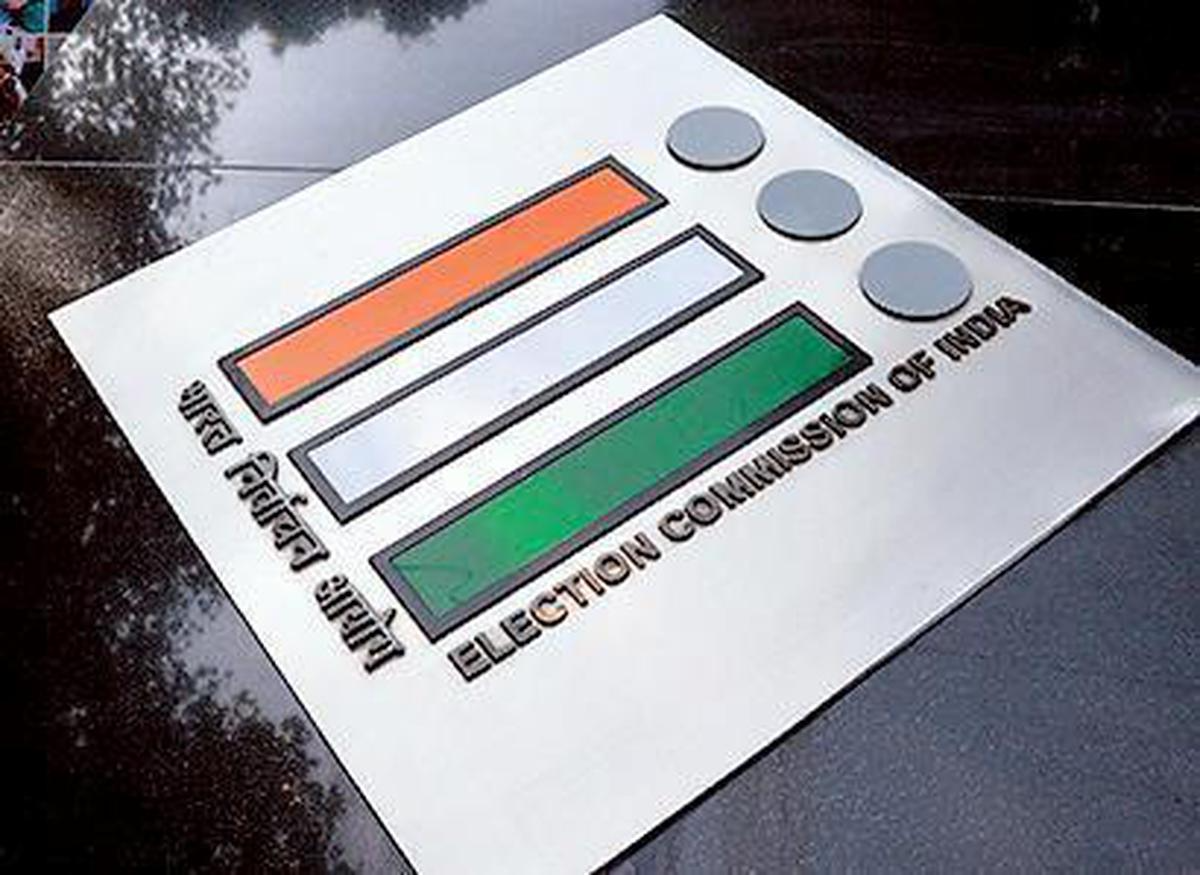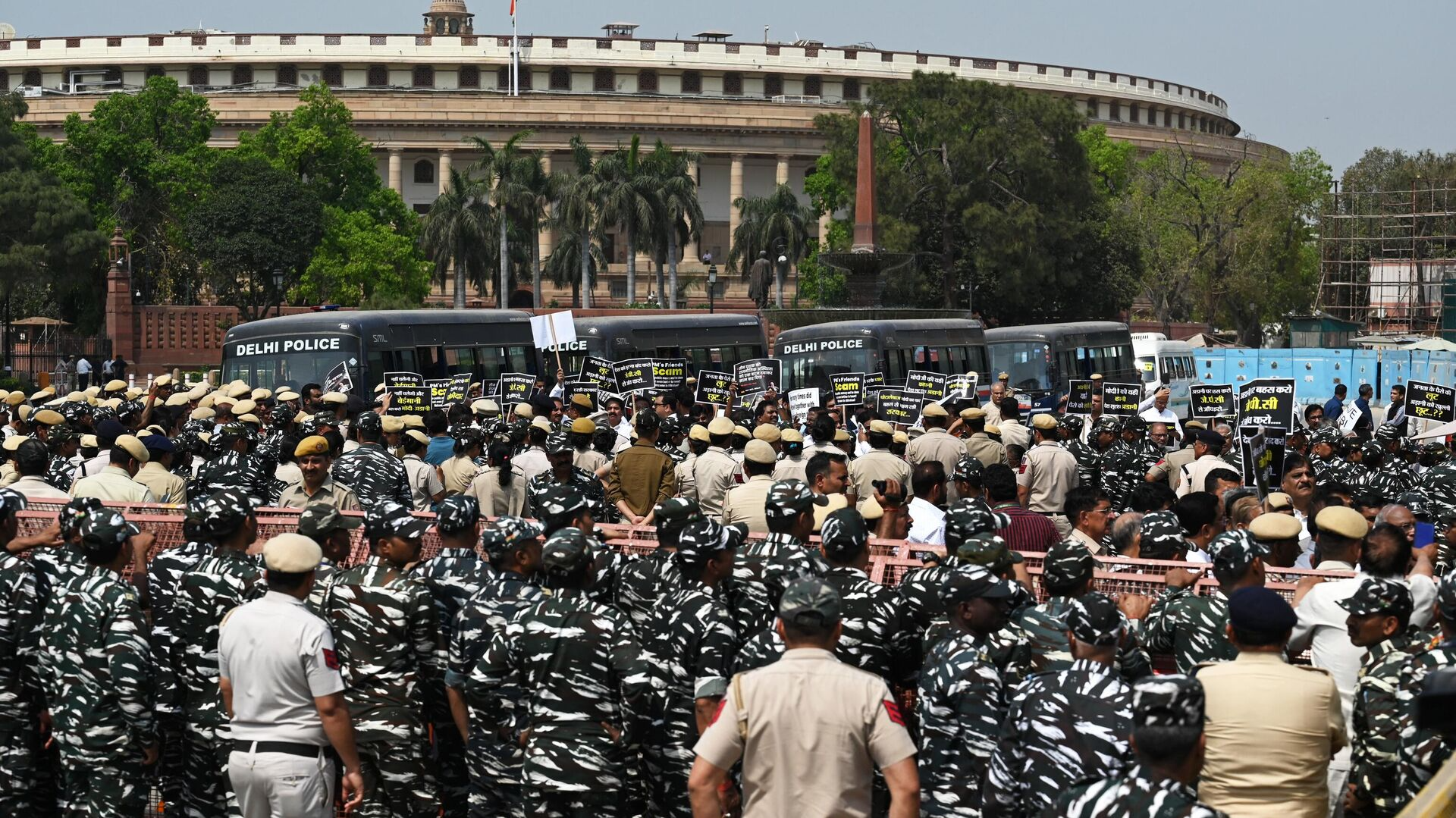Drone Delivery Trials Begin in Bengaluru
Posted On July 11, 2025
Bengaluru Soars into the Future- Drone Delivery Trials Take Flight, Reshaping Urban Logistics
The skies above India's tech capital, Bengaluru, are abuzz with a new kind of traffic as pioneering drone delivery trials accelerate, promising to revolutionize urban logistics and consumer services. After years of anticipation and a progressive shift in regulatory frameworks, companies are now actively deploying Unmanned Aerial Vehicles (UAVs) to ferry everything from urgent medicines to everyday groceries, signaling a significant leap forward in India's last-mile delivery landscape. While commercial drone deliveries have been making inroads in other Indian cities like Gurugram for some time, Bengaluru's trials are distinguished by their scale, the complexity of its urban environment, and the diverse range of goods being transported. Companies like Skye Air and BigBasket, among others, are at the forefront, demonstrating the practical viability and immense potential of aerial delivery in one of the world's most notoriously traffic-congested cities.
The current trials primarily focus on specific corridors within Bengaluru, particularly in areas like Konankunte and Kanakapura Road, with plans for expansion to other high-demand zones such as Bannerghatta Road. These designated "Skye Tunnels" - invisible air corridors at 120 meters above ground level - are meticulously planned to ensure safety and avoid existing air traffic. The process is remarkably streamlined- companies like Skye Air utilize proprietary Unmanned Aircraft System Traffic Management (UTM) platforms, such as "Skye UTM," to manage drone flights autonomously. Upon reaching its destination, the drone, often capable of carrying up to 10 kg, lowers to approximately 20 meters and deploys a winch system to gently lower the package to a designated "Skye Pod" or drop zone. This innovative approach minimizes the need for landing infrastructure and allows for convenient, contact-less delivery.
Initial results from these trials are overwhelmingly positive. Companies report significantly reduced delivery times, with routes that would typically take 15-30 minutes by road being completed in as little as 3-7 minutes by drone. BigBasket's "BBFly" service, for instance, has demonstrated that just two drones can handle 40-50 orders daily, effectively doubling the productivity of several human delivery executives. This efficiency gain is not just about speed; it translates into substantial cost savings by reducing fuel consumption, vehicle maintenance, and human resource expenditure. Intriguingly, these rapid aerial deliveries are being offered to customers at no additional charge, indicating the inherent cost-effectiveness of the technology.
Bengaluru's infamous traffic congestion has long been a significant bottleneck for logistics companies, leading to delayed deliveries, increased operational costs, and a higher carbon footprint. Drone delivery emerges as a powerful solution, bypassing ground-level obstacles entirely. By taking direct aerial routes, drones offer a clear pathway to faster, more reliable, and environmentally friendly last-mile deliveries. Beyond the immediate benefits of speed and efficiency, drone delivery also offers reduced carbon emissions, enhanced accessibility to challenging areas, improved safety by minimizing human involvement in road-based deliveries, and significant cost optimization over time. This technology also provides a substantial boost to the quick commerce sector, allowing businesses to meet rapidly escalating consumer demands for near-instant fulfillment.
India's drone policy has undergone significant liberalization in recent years, with the Drone Rules 2021 paving the way for easier operations and fewer bureaucratic hurdles. The establishment of the "Digital Sky Platform" further aims to streamline permissions and provide interactive airspace maps, demarcating green, yellow, and red zones for drone operations. However, the path to widespread adoption is not without its challenges. Industry stakeholders acknowledge the need for further regulatory clarity, particularly for Beyond Visual Line of Sight (BVLOS) operations which are crucial for large-scale commercial deliveries.
Other significant hurdles include the development of sophisticated airspace management systems to integrate a growing fleet of drones safely, addressing public perception and acceptance concerns related to privacy and noise, and adapting infrastructure with designated drop-off points, charging stations, and maintenance hubs. Continued technological advancements in battery life for extended ranges, enhanced autonomous navigation, and increased payload capacities are also essential for the sustained growth and scalability of the sector.
The drone delivery trials in Bengaluru represent more than just a technological showcase; they are a tangible step towards a future where urban logistics are smarter, faster, and more sustainable. As technology matures, regulations become clearer, and public acceptance grows, drones are poised to transform various sectors, from e-commerce and healthcare to food delivery and emergency services.
The collaboration between drone technology providers, e-commerce giants, and logistics companies, coupled with a supportive regulatory environment, positions Bengaluru, and indeed India, at the forefront of this aerial revolution. The skies are no longer just for planes; they are increasingly becoming the pathways for our everyday essentials, promising a future where waiting times are dramatically cut and urban congestion becomes a problem of the past. The success of these trials in Bengaluru will undoubtedly serve as a blueprint for the expansion of drone delivery services across the nation, propelling India further into the era of advanced, air-based logistics.
The skies above India's tech capital, Bengaluru, are abuzz with a new kind of traffic as pioneering drone delivery trials accelerate, promising to revolutionize urban logistics and consumer services. After years of anticipation and a progressive shift in regulatory frameworks, companies are now actively deploying Unmanned Aerial Vehicles (UAVs) to ferry everything from urgent medicines to everyday groceries, signaling a significant leap forward in India's last-mile delivery landscape. While commercial drone deliveries have been making inroads in other Indian cities like Gurugram for some time, Bengaluru's trials are distinguished by their scale, the complexity of its urban environment, and the diverse range of goods being transported. Companies like Skye Air and BigBasket, among others, are at the forefront, demonstrating the practical viability and immense potential of aerial delivery in one of the world's most notoriously traffic-congested cities.
The current trials primarily focus on specific corridors within Bengaluru, particularly in areas like Konankunte and Kanakapura Road, with plans for expansion to other high-demand zones such as Bannerghatta Road. These designated "Skye Tunnels" - invisible air corridors at 120 meters above ground level - are meticulously planned to ensure safety and avoid existing air traffic. The process is remarkably streamlined- companies like Skye Air utilize proprietary Unmanned Aircraft System Traffic Management (UTM) platforms, such as "Skye UTM," to manage drone flights autonomously. Upon reaching its destination, the drone, often capable of carrying up to 10 kg, lowers to approximately 20 meters and deploys a winch system to gently lower the package to a designated "Skye Pod" or drop zone. This innovative approach minimizes the need for landing infrastructure and allows for convenient, contact-less delivery.
Initial results from these trials are overwhelmingly positive. Companies report significantly reduced delivery times, with routes that would typically take 15-30 minutes by road being completed in as little as 3-7 minutes by drone. BigBasket's "BBFly" service, for instance, has demonstrated that just two drones can handle 40-50 orders daily, effectively doubling the productivity of several human delivery executives. This efficiency gain is not just about speed; it translates into substantial cost savings by reducing fuel consumption, vehicle maintenance, and human resource expenditure. Intriguingly, these rapid aerial deliveries are being offered to customers at no additional charge, indicating the inherent cost-effectiveness of the technology.
Bengaluru's infamous traffic congestion has long been a significant bottleneck for logistics companies, leading to delayed deliveries, increased operational costs, and a higher carbon footprint. Drone delivery emerges as a powerful solution, bypassing ground-level obstacles entirely. By taking direct aerial routes, drones offer a clear pathway to faster, more reliable, and environmentally friendly last-mile deliveries. Beyond the immediate benefits of speed and efficiency, drone delivery also offers reduced carbon emissions, enhanced accessibility to challenging areas, improved safety by minimizing human involvement in road-based deliveries, and significant cost optimization over time. This technology also provides a substantial boost to the quick commerce sector, allowing businesses to meet rapidly escalating consumer demands for near-instant fulfillment.
India's drone policy has undergone significant liberalization in recent years, with the Drone Rules 2021 paving the way for easier operations and fewer bureaucratic hurdles. The establishment of the "Digital Sky Platform" further aims to streamline permissions and provide interactive airspace maps, demarcating green, yellow, and red zones for drone operations. However, the path to widespread adoption is not without its challenges. Industry stakeholders acknowledge the need for further regulatory clarity, particularly for Beyond Visual Line of Sight (BVLOS) operations which are crucial for large-scale commercial deliveries.
Other significant hurdles include the development of sophisticated airspace management systems to integrate a growing fleet of drones safely, addressing public perception and acceptance concerns related to privacy and noise, and adapting infrastructure with designated drop-off points, charging stations, and maintenance hubs. Continued technological advancements in battery life for extended ranges, enhanced autonomous navigation, and increased payload capacities are also essential for the sustained growth and scalability of the sector.
The drone delivery trials in Bengaluru represent more than just a technological showcase; they are a tangible step towards a future where urban logistics are smarter, faster, and more sustainable. As technology matures, regulations become clearer, and public acceptance grows, drones are poised to transform various sectors, from e-commerce and healthcare to food delivery and emergency services.
The collaboration between drone technology providers, e-commerce giants, and logistics companies, coupled with a supportive regulatory environment, positions Bengaluru, and indeed India, at the forefront of this aerial revolution. The skies are no longer just for planes; they are increasingly becoming the pathways for our everyday essentials, promising a future where waiting times are dramatically cut and urban congestion becomes a problem of the past. The success of these trials in Bengaluru will undoubtedly serve as a blueprint for the expansion of drone delivery services across the nation, propelling India further into the era of advanced, air-based logistics.









